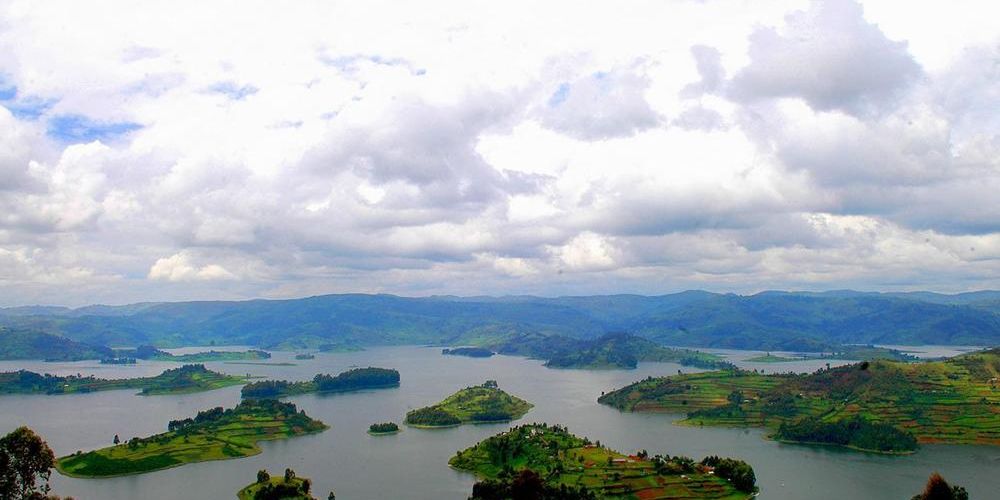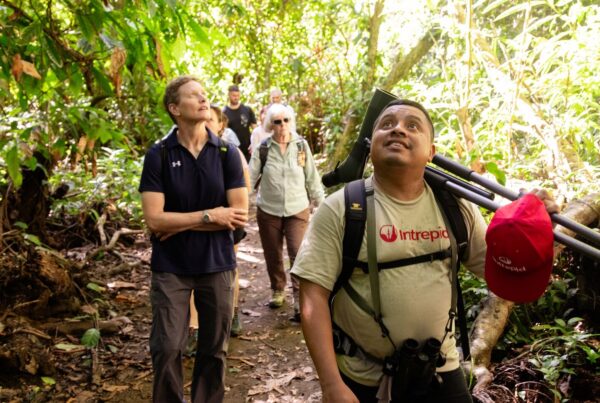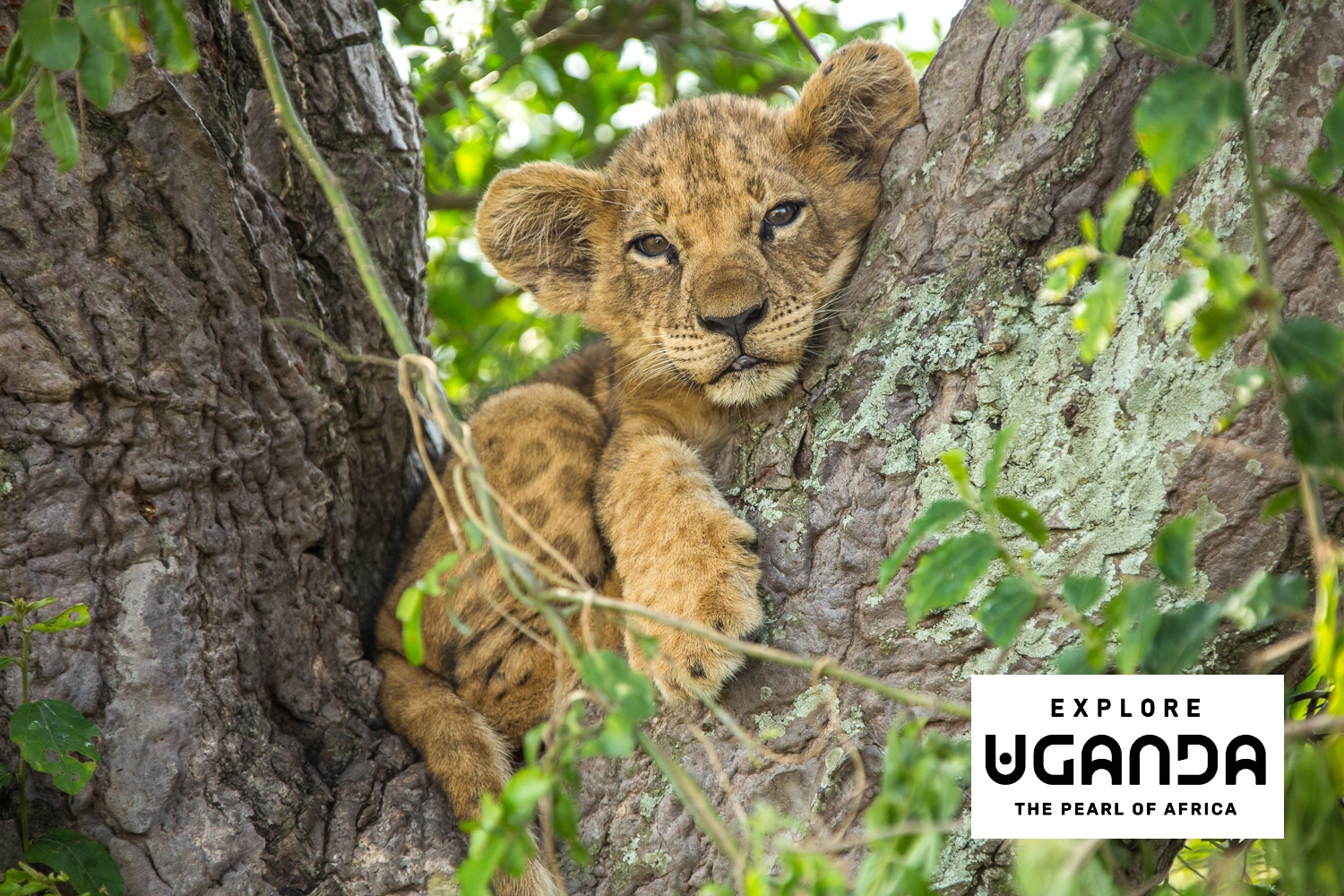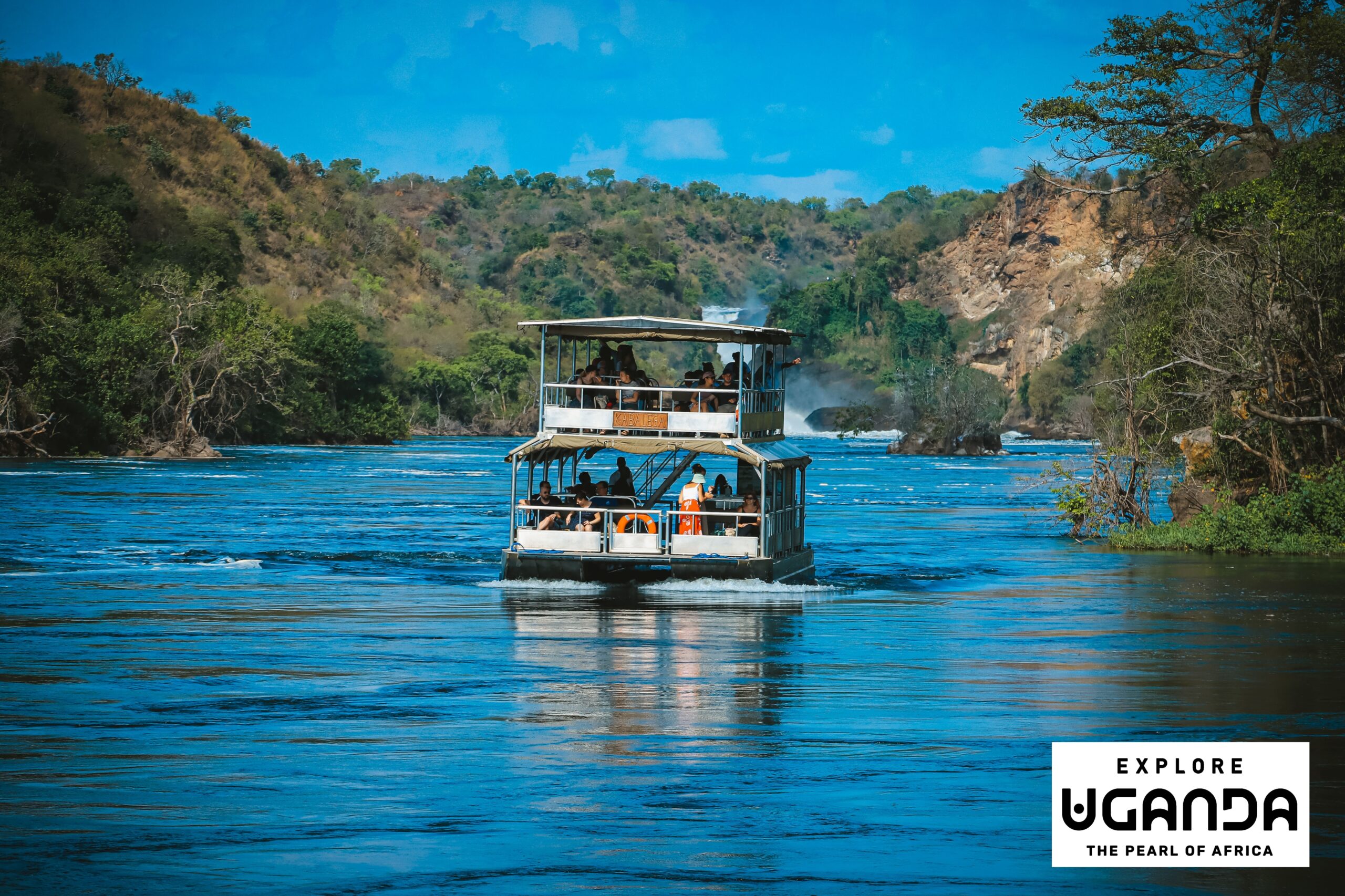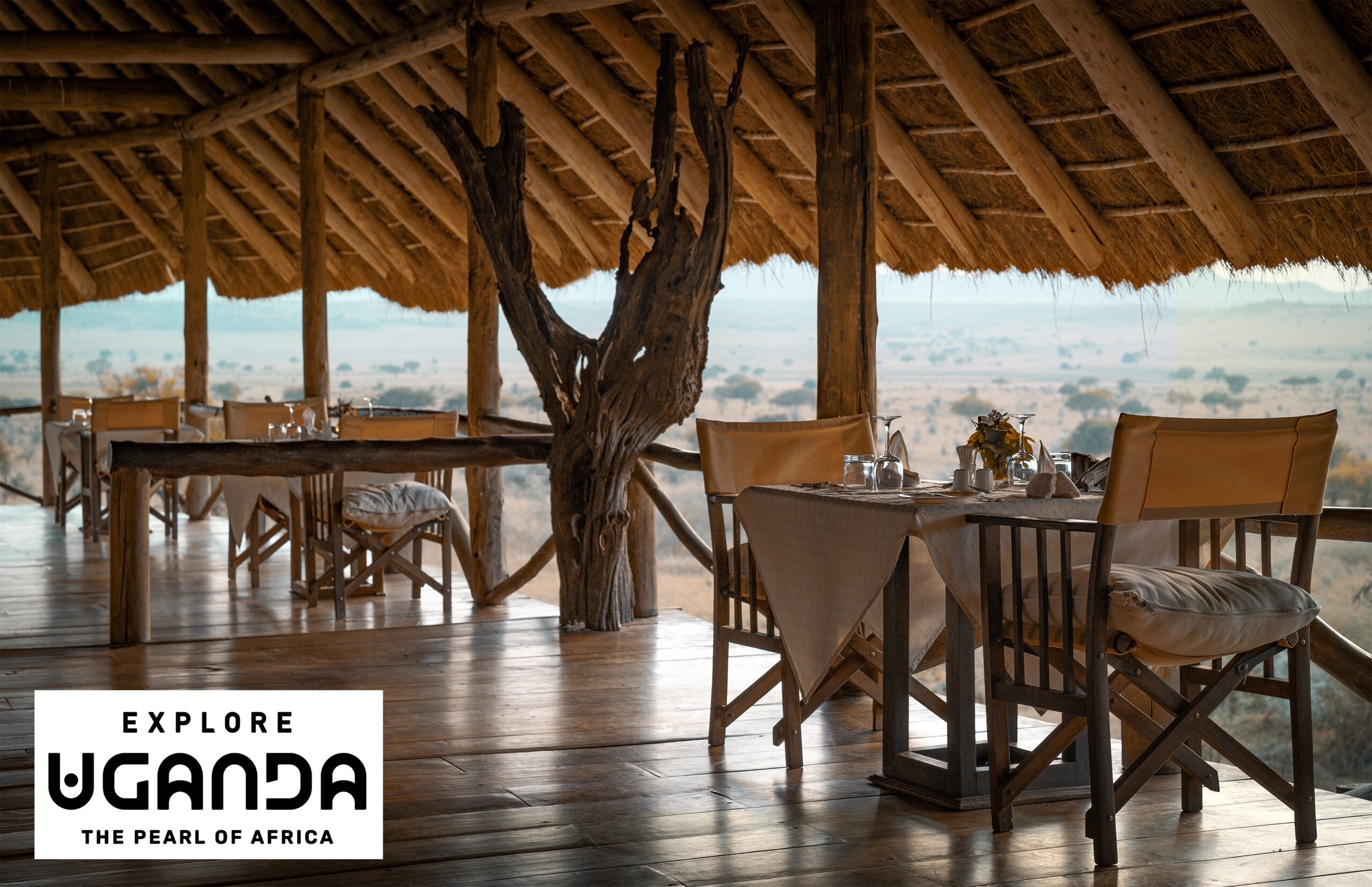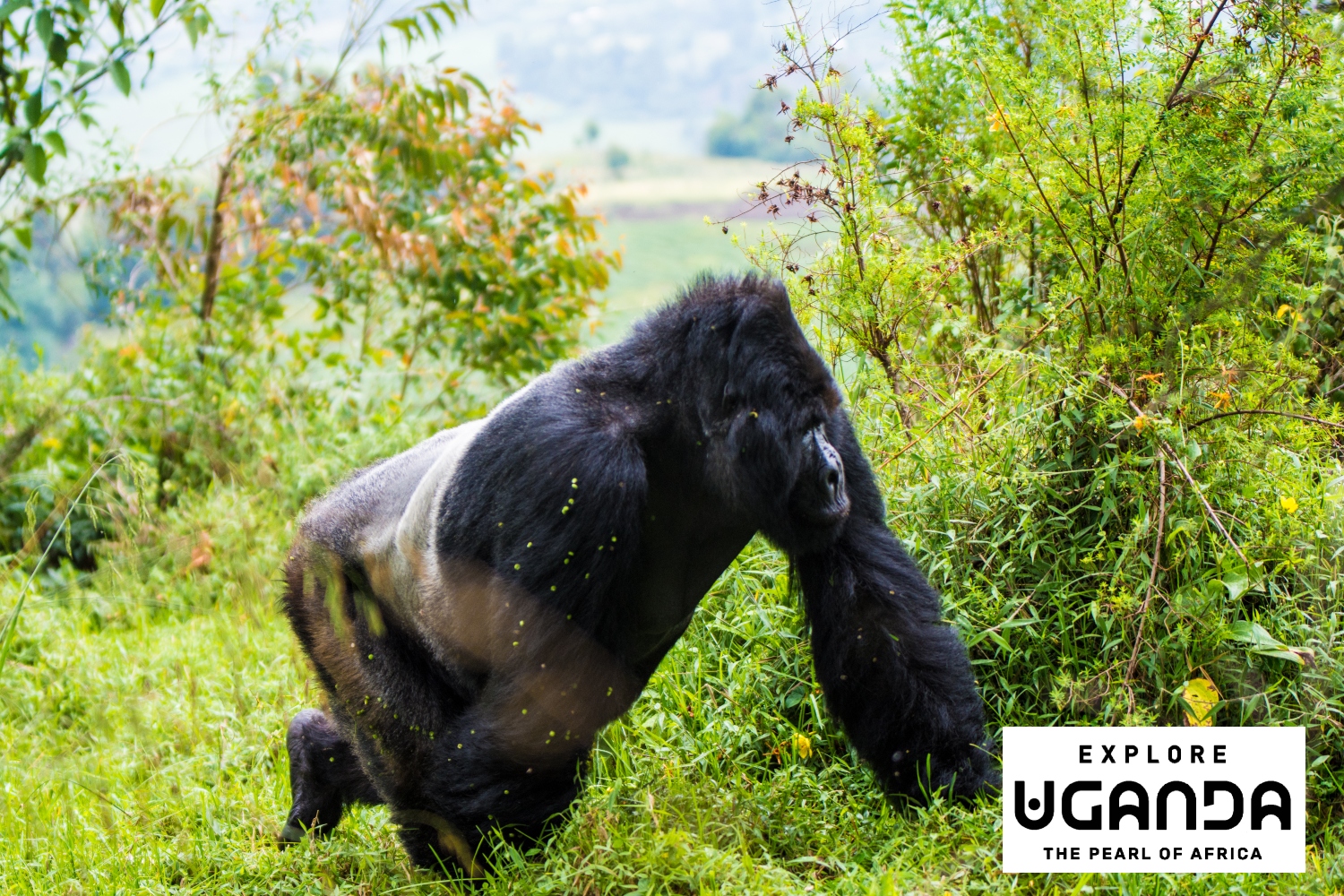In the first of a series of exclusive features on this fascinating and absorbing country, we speak to Patrick Guma Muganda, Ambassador/Deputy Head of Mission at the Uganda High Commission In Australia, to give us the inside track about his homeland.
A Nickname Is Born
It was Winston Churchill who first referred to Uganda as the “Pearl of Africa”, captivated by its magnificent landscapes, rich biodiversity and vibrant cultures.
Since then the country has become a must-visit for tourists, drawn by the people, the place and the abundance of wildlife (Uganda has the highest density of primates in the world, including the Big Five, and more than 1,000 species of birds).
The government of Uganda is launching a new initiative to attract more Australian visitors to this vast country in East Africa, while also encouraging travel agents to sell its myriad attractions to their clients.
Here’s your essential guide to a destination that should be on everyone’s bucket list.
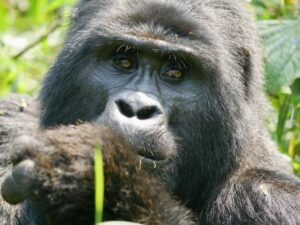 Why Should I Go?
Why Should I Go?
“Uganda offers something truly rare – diversity within proximity,” says Patrick Guma Muganda, Ambassador/Deputy Head of Mission at the Uganda High Commission In Australia.
“In a single trip, you can go from tracking mountain gorillas in the misty rainforest to cruising along the Nile, which flows through Sudan and Egypt from its source in Lake Victoria, the second largest freshwater lake in the world.
“We have a lot of animals so you can go on game drives around the country. We also have a vibrant culture of more than 50 tribes, each one offering unique and interesting things to see.
“These are just some of the things that would really be interesting to Australians.”
Will I Be Welcome?
“Ugandans are very welcoming people, especially to foreigners,” says Patrick. “They will go out of the way to help a foreigner, who they call ‘Mzungu’. They’ll go out of their way to take you to wherever you want to go.
“The hospitality is unique. As soon as you arrive in Uganda everyone wants to get to know you and wants to help you.
“That is why Winston Churchill, when he came there, he liked the country so much. When he went back home, he told his people that he had never seen a better place in the world than Uganda.”
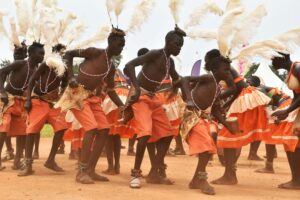 Tell Me About The Local Culture
Tell Me About The Local Culture
“When tourists come, they love to go to up country areas and interact with the local people there.
“As I mentioned before, we have more than 50 tribes and each tribe has got its own unique attractions – music, dance, drama – and you find tourists engaging in dancing and all that the tribes have to offer.
“Tourists come to look at the animals but when they get there, they also find all these cultural activities and they get so interested in them.”
Is it Easy Getting Around?
While you can fly from the capital to regional airports around Uganda, Patrick suggests using the extensive road network will offer a better experience.
“Overall, people use road transport and it’s easy to get around. You also get a feel for the landscape, with its undulating hills and forests, and you meet local people along the way, who are again very welcoming.”
 How’s The Safari Experience?
How’s The Safari Experience?
With a warm tropical climate, Uganda offers a different type of safari experience from other countries – at a more affordable rate.
It also has the famous mountain gorillas that have featured on numerous TV documentaries and is the only country in the world with lions that climb trees.
“When you’re travelling in Uganda, you’re going through forests, crossing rivers and climbing mountains,” says Patrick. “Uganda is in the tropics so we have a lot of forests and flora and fauna to look at.
“Sometimes you reach somewhere where it is so foggy you might imagine that you are in Switzerland.”
With 10 national parks within Uganda, visitors are spoiled for choice when it comes to wildlife experiences, although most make for the famous Bwindi Impenetrable Forest to see the mountain gorillas.
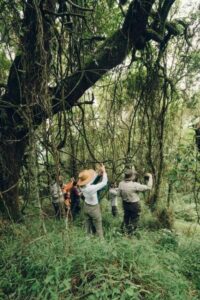 “The gorillas and chimpanzees are the biggest attraction but that is just the beginning of what you can see and do when you are there.
“The gorillas and chimpanzees are the biggest attraction but that is just the beginning of what you can see and do when you are there.
“After that, you can go driving and you’ll find the Crater Lakes and you’ll see the Rwenzori Mountains, with snow-capped peaks all year round. There are so many other interesting places to see.”
Is It Crowded And Is It Sustainable?
While agriculture – and specifically exporting coffee – is the main income earner for Uganda, tourism is seen as an increasingly important revenue stream for the country.
It provides money for local communities and with relatively low tourist numbers compared to other tried and tested destinations, it gives visitors the chance to explore in relative peace.
Patrick and his team at the Embassy are making it a priority to publicise and promote tourism in Uganda to the Australian market.
“Our government is deliberately promoting tourism because it’s one of our major income earners in the country. Uganda is trying as much as possible to publicise what it has to offer visitors.”
While keen to promote tourism, Uganda is still mindful of its sustainability responsibilities.
“Several measures are already in place by the government to ensure that tourism is promoted and that it will be sustainable.
“A lot of infrastructure is being put in place to handle tourism and its affiliated aspects and we think in the near future we should be able to earn a lot of funds from tourism.
“We work closely with our trade partners, providing marketing support and training, and you will find high value travel packages available which include things like white water rafting along the River Nile and bungy jumping.”
 How’s The Food?
How’s The Food?
There’s a wide variety of food available across the country, with chicken, beef, fish and a smorgasbord of freshly grown fruit and vegetables.
“Our food is organically grown. Most of our land is so fertile that we rarely use fertilisers. That’s why you find our coffee is one of the best in the world. If you eat a pineapple from Uganda, it is so sweet you can’t believe it.”
Ugandan fish is particularly sought-after, with the country exporting it to Europe and eastern countries such as China and Japan.
“Go to Lake Victoria and ask someone to get you a fish right from the lake and put it on the barbecue. Once you eat it, you may decide to move from Australia and settle in Uganda!”
 Ok, Sounds Great. But Is It Safe?
Ok, Sounds Great. But Is It Safe?
The first question tourists often ask about a country they know little about is whether it’s safe to visit. Patrick is unequivocal.
“It is very, very safe. We have national park rangers who are very well trained and guides who ensure they only take you to places that are secure.
“Also, the government has deliberately deployed police and soldiers in addition to rangers to ensure that the security of tourists is well taken care of.
“People travel safely and we’ve not had any incidents at all in the past few years.”
AT A GLANCE:
Top 10 Things About Uganda
- Gorilla Trekking – Uganda is one of the few places in the world where you can trek to see endangered mountain gorillas in the wild, especially in Bwindi Impenetrable National Park.
- The Source of the Nile – The world’s longest river begins in Jinja, Uganda, attracting adventurers for rafting, kayaking and cultural exploration.
- National Parks & Wildlife – Uganda is home to 10 national parks, including Queen Elizabeth, Murchison Falls and Kidepo Valley, offering safaris with lions, elephants, hippos and chimpanzees.
- Murchison Falls – The Nile River forces itself through a narrow gorge, creating one of the world’s most powerful waterfalls.
- Lake Victoria – Africa’s largest lake and the world’s second-largest freshwater lake, offering fishing, boating and island escapes.
- Friendly People – Ugandans are renowned for their hospitality and warmth, making visitors feel welcome.
- Rich Culture & Diversity – With more than 50 tribes, Uganda has a vibrant cultural mix of music, dance, languages and traditions.
- Delicious Food – Local dishes such as matoke (steamed plantain), rolex (chapati rolled with eggs and vegetables) and fresh tropical fruits are must-tries.
- Scenic Landscapes – From the snow-capped Rwenzori Mountains to rolling savannahs and lush forests, Uganda offers breathtaking natural beauty.
- Climate – With its location on the equator, Uganda enjoys a generally mild, tropical climate year-round, making it great for travel anytime.
